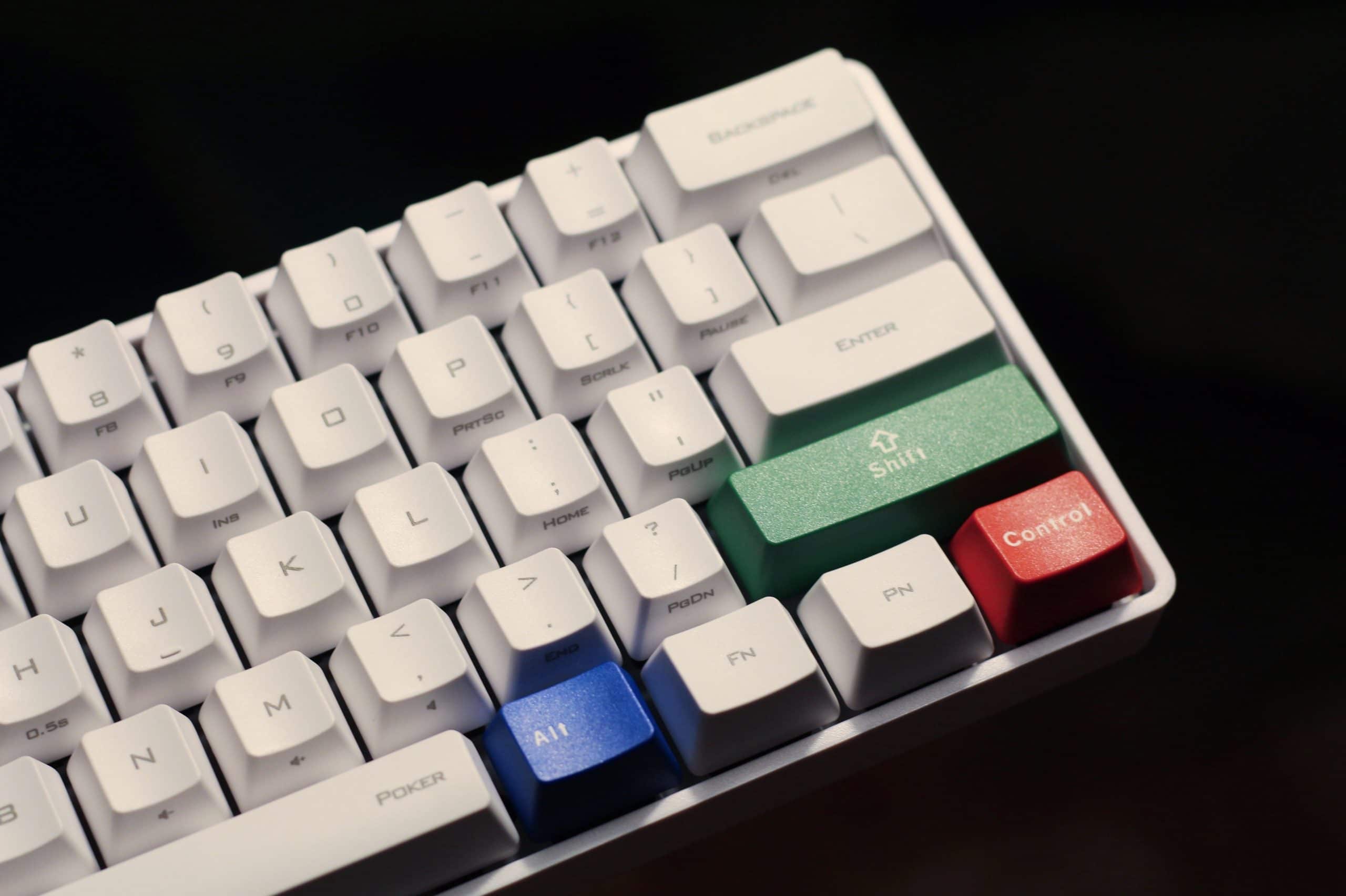
14 Oct IT Support Portland Professionals Talk About Computer Terms & Jargons
IT Support Portland professionals have spent years studying and working on computers and any IT jobs in general. They know all the computer terms and jargon, and they do talk about using them when they are with their fellow ITs. However, as someone who is not from the IT world, you would have difficulty understanding their conversations, mostly if they talk in their geeky language. Sometimes terms that you only hear from sci-fi movies or read in some complex computer book somewhere. And so to help you gain perspective on what IT’s are saying, we will discuss the standard computer terms and jargon in this post. SO if one of these days you happen to meet an IT or perhaps fall in love with one, you won’t be out of place whenever you are with his friends.
Computer terms that are commonly used by IT’s
IT Support Portland professionals are used to computer terms, but you are not, so here are the words that you may encounter while in the presence of ITs.
World Wide Web – like many others, you may believe that the world wide web and the internet are two the same things, and they mean the same thing, so you probably have interchangeably used them without knowing that they are not the same. The worldwide web is a form of system that functions through a wiring process. The web pages are connected through internet connections, while the internet is the wiring that connects the worldwide web.
Web browser – it is easy to spot a browser, but there are still people who refer to a web browser as the internet. Web browsers search for information on the web, and they are firefox, google chrome, safari, opera, explorer, and more.
Broadband/bandwidth – IT Support Portland professionals know the difference between the two, but you may not. Bandwidth can determine the speed at which the data journeys through a utilized connection. If the bandwidth is high, the data travels much faster, and it is instantly received. On the other hand, broadband is a connection that can never be turned off, which is way different from a modem that can be turned off. Many technologies offer the use of broadband, which are ADSL, satellite, cable, and more.
Disk space/memory – the two terms usually are always confused. Memory is the temporary space for storage when a computer is still working or turned on. In technical terms, memory is the random-access memory or what you probably know as RAM. On the other hand, the disk space is the permanent storage space of a computer. It handles the storage of computer files regardless if the computer is on or off.
Virus/malware/trojan/worm/spyware – these computer terms may seem the same to you, but they all have their meaning. A virus can multiply and infect other programs or software, and a virus may be created to reproduce, or it may be intended to harm programs. IT Support Portland professionals know how to deal with viruses; businesses mostly hire them and even individuals to handle their technical issues. Also, a worm can survive on its own without connecting to a software or program. A trojan creates a false impression of innocence in order to gain access to a computer, and spyware is a discreet program that subtly monitors the activity of the computer targeted. And malware is the general term of the mentioned malicious software or programs.
Bytes/bits – a bit is a binary digit represented by 1s and 0s, while a byte is typically a set of eight bits. It’s quite normal to get confused by the two. Luckily, you now, along with all other IT Support Portland professionals, know the difference.
Reboot – this is an easy computer term that is not hard to understand. However, there is still a difference between a computer reboot to a device hibernation or standby mode and then continuing with the operation by waking up the computer. A reboot is about reloading everything on the computer completely.
Cookie – Cookies are small text files saved on your computer to remember you whenever you revisit the same website soon. The good news there are no viruses in the cookies, but they can be used to monitor your computer activities in order to send you target advertising.
Firewall – This is a software on your computer that prohibits traffic flow to block any malware or virus to get into your computer.
CAPTCHA – these are a combination of numbers and letters that needed to be typed into the designated boxes before you can access a website that has them. This kind of check is used to prevent spamming or to avoid getting accessed by a robot program that automatically accesses websites.
Spam – IT Support Portland professionals always warn their clients about spam. It is an unwanted email message that delivers ads, marketing, and other forms of selling a product or service. Spam used to be present in emails but now they evolve into the blogging world.
Other computer jargons
Now that you are aware of the standard terms IT used in connection to a computer, you can check out the jargon list you may encounter.
Disk
Data
Bit
Nybble
Kilobyte/megabyte/gigabyte/terabyte/petabyte
Load
RAM
ROM
GHz
Plug and play
OS
Program
Hacker
Computer virus
Software
Final say
Learning about computer terms and jargon is fundamental to understand the people you are around with. It is also essential to learn things that add knowledge to your brain, so continue to grow in your profession and your relationship with your IT Support Portland, professional boyfriend.

Sorry, the comment form is closed at this time.